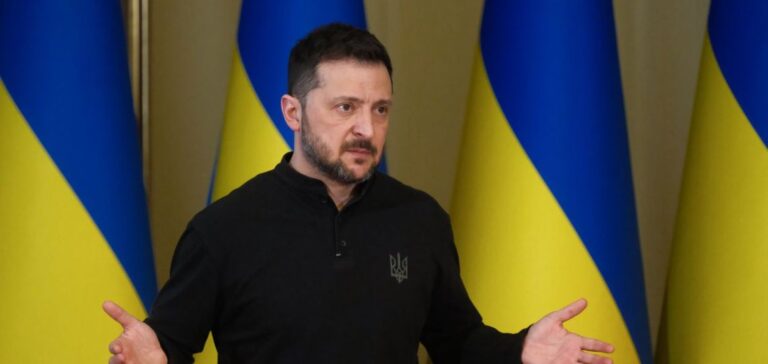A senior Ukrainian official confirmed that neither Russia nor Ukraine has conducted strikes on energy infrastructure since 25 March, the date on which the United States announced an agreement aimed at halting attacks on such sites. This development follows a period during which both parties had intensified their strikes on energy-related targets.
A suspension agreed after US-Russia talks
According to the Ukrainian official, speaking on condition of anonymity, the halt in strikes aligns with the announcement by Washington of an agreement secured following discussions with Moscow. This partial moratorium was reportedly preceded, on 18 March, by a declaration from the President of the Russian Federation, Vladimir Putin, imposing a 30-day freeze on attacks against Ukrainian energy infrastructure. The moratorium followed a phone call with the President of the United States, Donald Trump.
During the call, Moscow is said to have rejected a US proposal for a one-month unconditional ceasefire, which had already been accepted by Kyiv, opting instead for a targeted suspension limited to energy facilities. Between 18 and 25 March, however, Ukraine sustained eight strikes on its infrastructure: two involving aerial bombs and six others carried out by drones, according to Kyiv authorities.
Mutual accusations over pre-agreement strikes
The Russian Federation, in turn, accused Ukraine of having attacked several energy sites on its territory between 25 and 26 March, including an underground gas reservoir located in Crimea—territory annexed in 2014—as well as electrical installations in Russia’s Bryansk and Kursk regions. These events have not been independently verified.
Since the start of the conflict in 2022, Ukrainian energy infrastructure has been heavily impacted, with widespread blackouts affecting millions of people. Ukraine has retaliated by targeting energy sites within Russian territory, notably refineries and fuel depots, which it claims support the logistical supply of the Russian army.
Unclear status of Black Sea truce
Separate negotiations led by the United States with both parties in Saudi Arabia also resulted in the announcement of an agreement concerning a truce in the Black Sea. However, according to the same Ukrainian official, the operational details of the maritime ceasefire remain unclear. “Nothing is yet clear regarding the sea,” he told Agence France-Presse on 27 March.






















